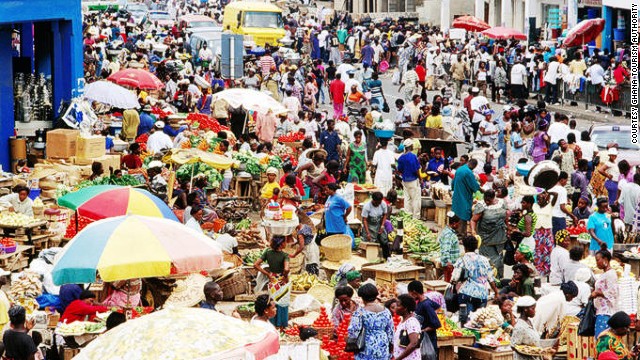adverts
The Head of the Business and Economic Bureau at the Ghana Union of Traders Association (GUTA), Charles Kusi Appiah Kubi, has revealed that businesses in Ghana have seen a sharp decline in working capital, losing more than 56% of it in only six months as a result of the worsening economic situation.
He highlighted the serious financial difficulties that business community is currently facing in an interview on Joy FM’s Super Morning Show.
He said that one major cause behind this capital depletion has been the quick devaluation of the Cedi.
adverts
“Within six months, businesses have lost over 56% of their working capital without doing any other business. It is not that they ran into a bad deal, but it is because of the current economic situation.
“So the first thing that affects us when the Cedi depreciates is capital depletion,” he said on Wednesday.
He said, “The cost, insurance, and goods (CIF) values at the ports are increased as a result of the declining value of the currency.”
He felt that these expenses would all result in an increase in the cost of the good or service that the companies are dealing in.
“As businesses, there is a limit to the costs we can absorb. Beyond that limit, it must be passed on to the consumer, he noted.
However, Mr. Kubi pointed out that as consumers are cutting back on their spending and businesses are seeing a steep decline in sales, the economy has become sluggish, with the local market also grappling with surging inflation.
“The moment inflation goes that high, the purchasing power of the consumer also starts diminishing. So as a business, we’d pass on the cost, but the consumer doesn’t have the purchasing power to absorb the extra cost, so they are not buying. So right now there is economic stagnation.”
He pointed out that the current state of affairs has created financial strain that affects businesses capacity to pay their debts.
There is economic standstill at the moment. This is the point at which sales are declining. As a business, how do we pay off our debt at this point? He asked.


